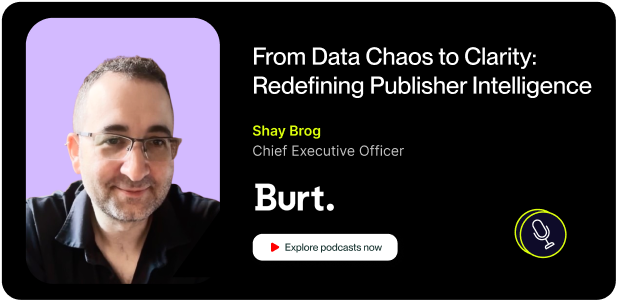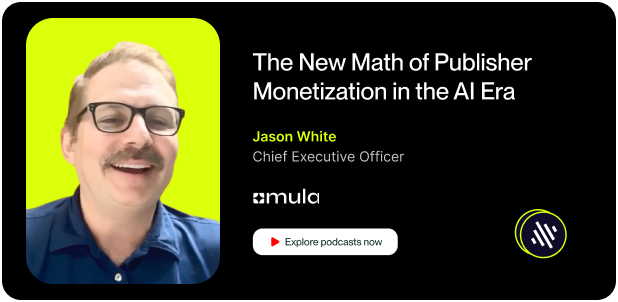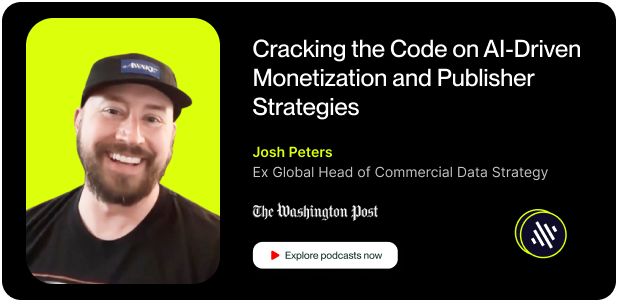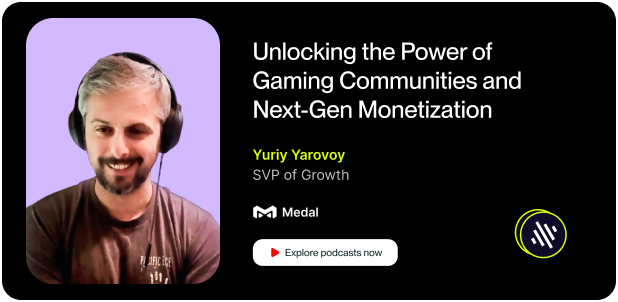
SEO, Dragons and Everything in Between
About the podcast
From tackling generative AI as an ‘existential threat’ to mastering dynamic price floors, Justin shares how publishers can adapt to shifting landscapes while keeping control. Key insights on monetization strategies, AI’s impact, and the open web.
About the guest
Meet Jono Alderson, a globally acclaimed SEO expert and a two-time SEO world champion at SEOktoberfest. Formerly the SEO head at Yoast, he is now working as a full-time SEO consultant and spearheads his very own website, DaysOfTheYear.com.
Known for his deep technical expertise in SEO, web performance and analytics, WordPress, structured data, and conversion rate optimization, Jono thrives on decoding the complex challenges of the web. He is also a core contributor at WordPress and has transformed the digital strategies of leading brands like Trustpilot, Samsung, Microsoft, and Vodafone, among many others.



















.avif)
.avif)




